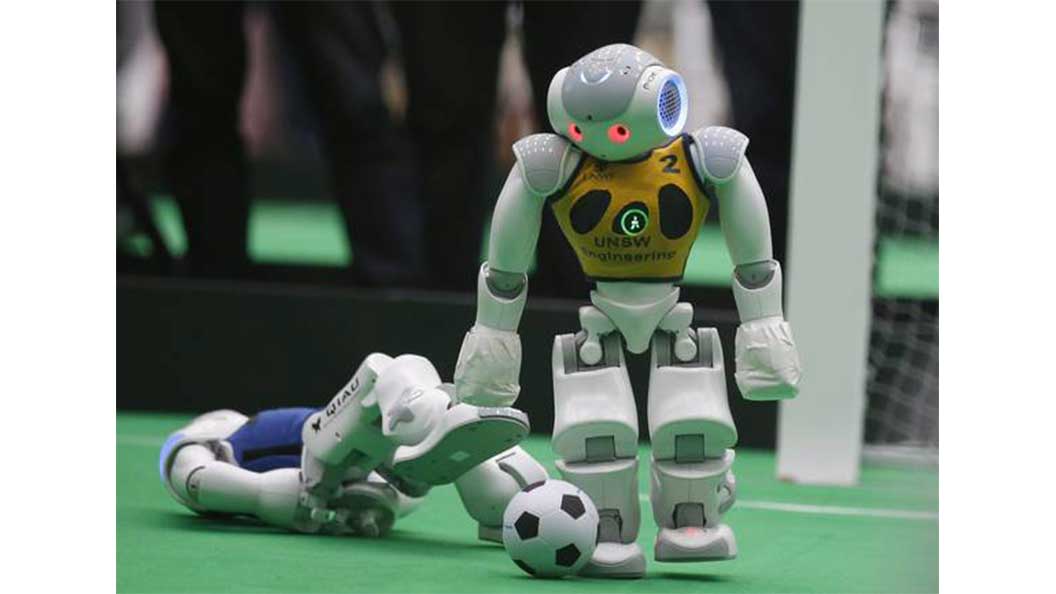
Ansa med – 29 dicembre 2017
Robots become more efficient under stress, study says
Italians explore emotions and adaptation in artificial agents
(By Monica Nardone) – ROME, DECEMBER 29 – Italian researchers have helped show that robots can develop basic human emotions such as fear and use them to respond more efficiently under stress.
The results of the research project, conducted in co-partnership between Britain and Italy, have been published in the magazine Plos One. The scientists studied the evolutionary emergence of affective behaviours directly from the specific adaptive problems posed by the ancestral environment in order to develop a model of the evolution of affective behaviours using simulated artificial agents equipped with neural networks. In this way they were able to observe how robots learn to cope with potentially dangerous situations by choosing to avoid the risk.
“It is a primordial behaviour associated with fear that appears automatically in both animals and humans,” Orazio Miglino, director of the Natural and Artificial Cognition (NAC) laboratory at Federico II University in Naples, told ANSA. However, “in humans there is also a second phase of processing to understand what happened. Let’s say that our robots stop at the initial response.” The experiment is one of the first to investigate the emergence and evolution of emotions in robots and how this can “effect their performance”, Miglino said. The outcome could help to develop more intelligent robots because “the emotions are strongly linked to memory, decisions, motivation and survival”, said Daniela Pacella of the NAC and Plymouth University. The results have implications for humans as well, since an artificial neural network that is able to isolate the emotional circuits from the other cognitive functions can help identify the areas of the brain implicated in the development of fear.
LEGGI ARTICOLO SU ANSA MED







